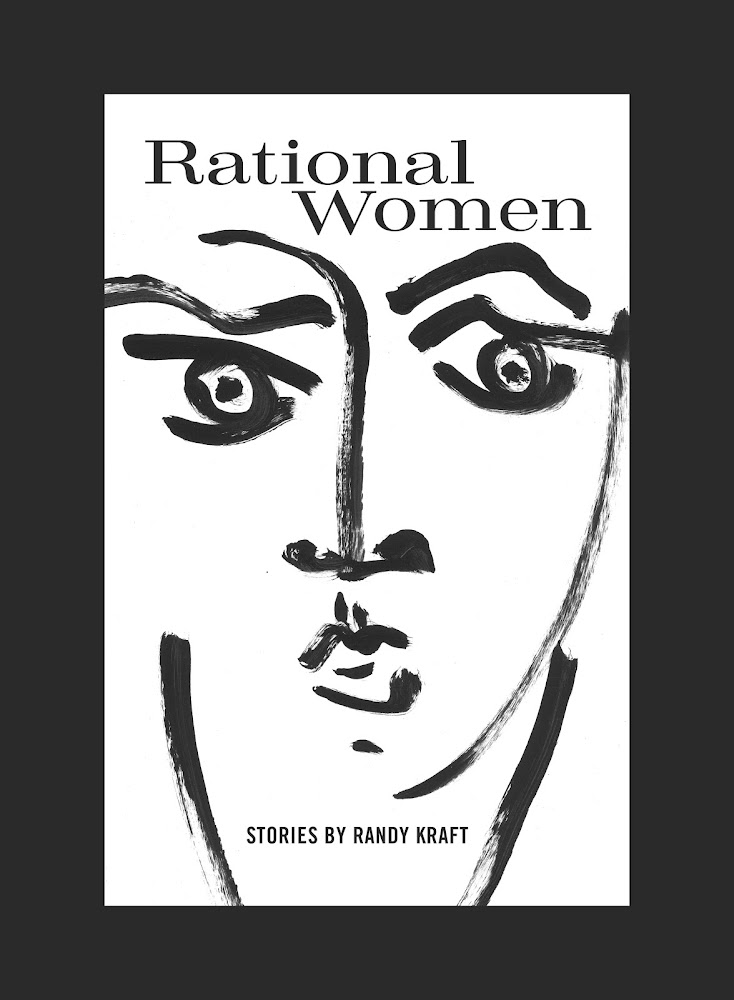Reading Nicole Krauss reminds me of the “Sound of Music”
lyric: how do you solve a problem like
Maria? How do you explain a literary enigma like Nicole Krauss? Her debut novel, Man Walks Into a Room, was as polished as a fifth novel, absorbing and compelling. History of Love, her second novel, was
sheer genius. Great House, which I
confess I liked the least, but admired, is another often abstract, metaphorical
treatment of the nature of self ,and also the writing life. Common themes.
Forest Dark is no exception. Brilliant in the writing, touching and metaphysical, Krauss once again employs two primary
characters who seem to have nothing in common to weave, or perhaps unravel, a
mysterious web. She places this contemplative novel, frankly more contemplation
than storytelling, in Israel, reflecting the turmoil there as well as in her
own life.
But really, it's the unstoppable force and
momentum of life that we want to control, and with which we’re locked in a
struggle of wills that we can never win.
In the
seven years since her last novel, her marriage to the equally brilliant and
enigmatic Jonathan Safran Foer ended. Krauss, like her fictional doppelgänger,
spent time in Israel, the place where history confronts spirituality. She centers the
novel on this perpetual search for truths, and uses as her alter ego an old
man named Epstein, nearing the end of his life and trying to separate the wheat
from his chaff in order to slip gracefully into ash.
What story
there is has much to do with the concept of time. Our lives a matter of
choices, in the moment, and the historical context, and the people we encounter
– not at all linear and maybe not a matter of destiny. That way of seeing time
as a wrapper that folds around us.
Epstein is
in the midst of divesting himself of his earthly, and very valuable,
belongings, while at the same time, a man seems to have fallen off the balcony
of the Tel Aviv Hilton, except there is no record of it. The writer-narrator feels
compelled to investigate, in search of a story, so she leaves husband and
children to head to the holy land, where she meets a third enigmatic characters
who wants her to complete the unfinished works of Kafka, whom, he claims, never
died when and where he was said to die, but lived covertly in Israel for many
years.
To write is, in a sense, to seek to
understand, and so it is always something that happens after the fact, is
always a process of sifting through the past, and the results of this, if one
is lucky, are permanent marks on a page.
Complex?
Yes. Although in the hands of a fantastically skilled writer, mesmerizing. Who
are these characters? Where are they in time and how do they connect? What is
the truth?
The great
Philip Roth commended the novel and some reviewers suggest the style is Rothian
[their word]. He often uses a writer, most famously Zuckerman, but has also used a character named Epstein to serve as narrator and facilitator, and some of the style
certainly sparks comparison.
Narrative cannot sustain formlessness any
more than light can sustain darkness – it is the antithesis of formlessness,
and so it can never truly communicate it. Chaos is the one truth that narrative
must always betray, for in the creation of its delicate structures that reveal
many truths about life, the portion of truth that has to do with incoherence
and disorder must be obscured.
There is much to marvel at in the writing, and anyone who has
experienced the slow death of a marriage, or the pondering of the true meaning
of time, or the significance of destiny, these readers will relate.
He had slept next to her for thirty-six
years, and the mattress felt different without her weight, however slight, and
without the rhythm of her breath the dark had no measure.
My only
complaint is an overly lengthy, academic portion of the book where Krauss
goes into great length about Kafka’s life and work. Kafka plays a surprising role in the story, and in other of Krauss' novels, but too much here. For the most
part, I was fully absorbed, fully suspended my disbelief, and in awe of the
writing.
Recommended
for fans of Solnit and Saunders, Roth and Bellow and Faulkner, Murakami and
Munro, or those with a penchant for Einstein’s theory of relativity.

